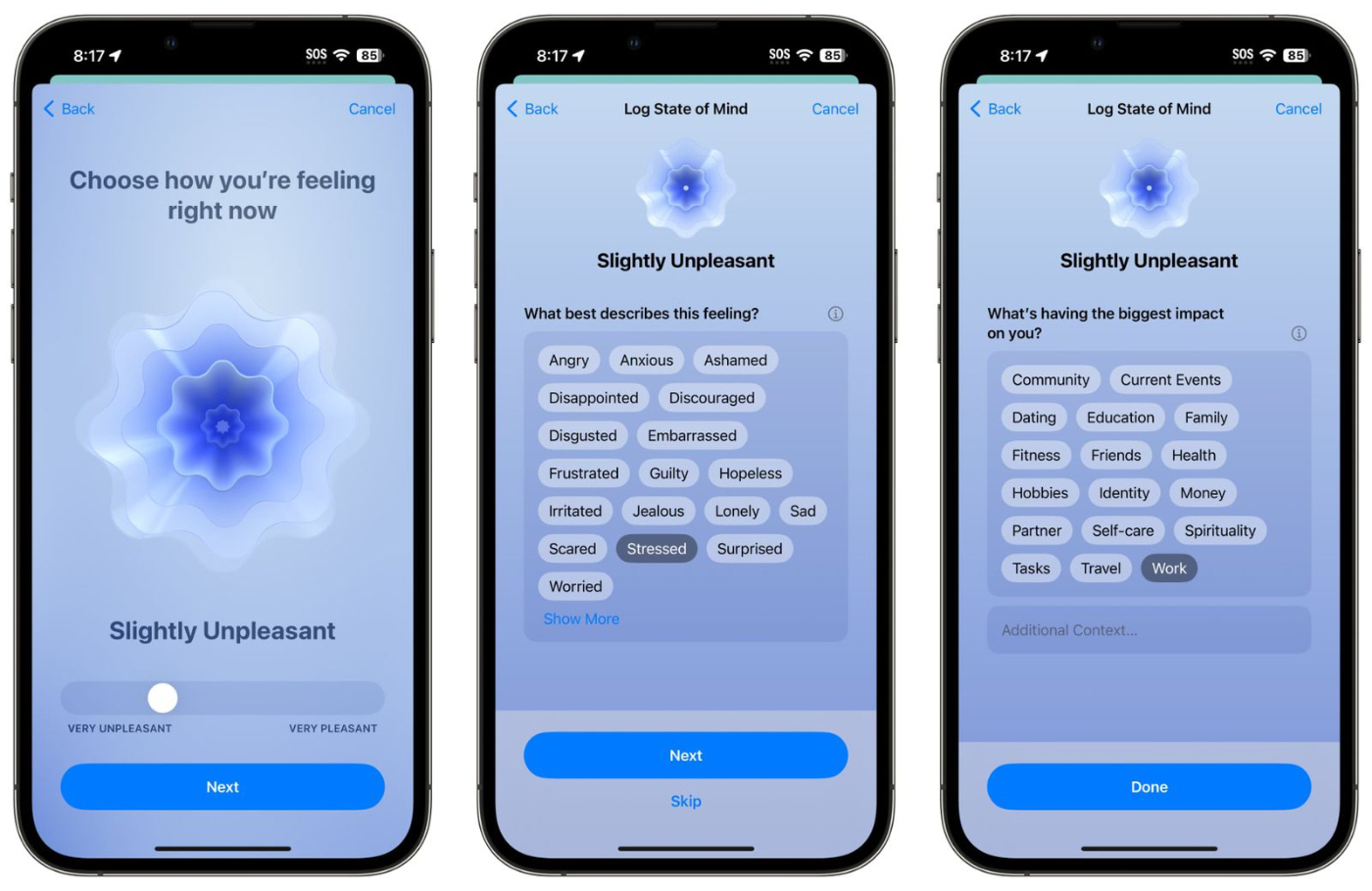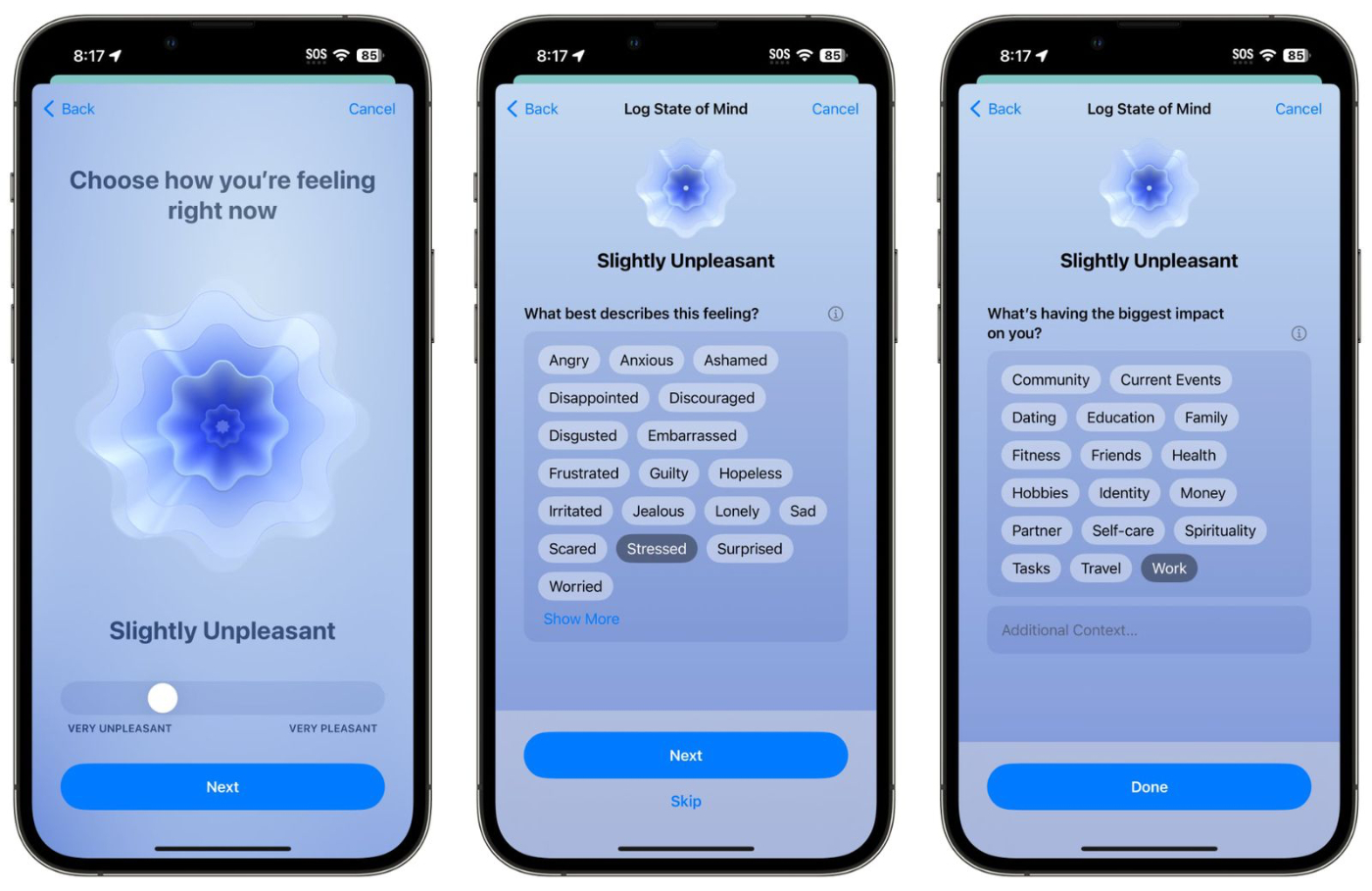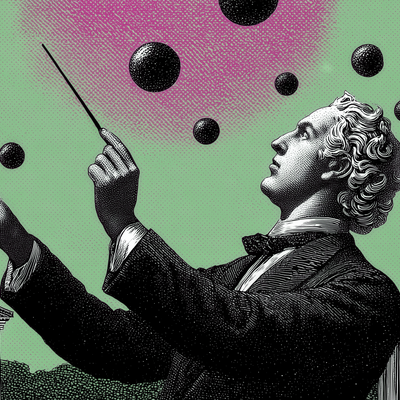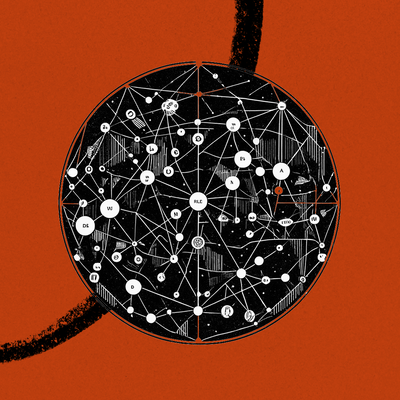
Sponsor Every
Want to reach AI early-adopters? Every is the premier place for 80,000+ founders, operators, and investors to read about business, AI, and personal development.
We're currently accepting sponsors for Q3! If you're interested in reaching our audience, learn more:
Let’s say you’re the biggest and most successful company in the world. You need to keep growing at an incredible rate—and you’d also like to have a positive impact on mankind. What kind of opportunities do you go after?
Well, for one you probably build a face computer. But you might also try to solve the mental health crisis in America. And I think that’s what Apple’s attempting.
In 2022, 19% of adults—about 50 million Americans—experienced a mental illness like anxiety or depression. Anxiety and depression alone cost the economy an estimated $1 trillion every year. That is a huge problem and a huge economic opportunity.
On a human level, mental health issues are also a real bitch to deal with. I’m a relatively well-off individual with a fake job and an open mind. It still took me many years—literally years of work—to get an accurate diagnosis and to get into the right treatment. And I was really trying my hardest! I was reading books, using apps, trying therapists, testing meds, and spending more money than I care to count. If therapy wasn’t a totally private HIPAA-regulated institution I’m pretty sure my clinicians would be building statues to commemorate my largesse. (If any of my former doctors want to do this hmu.)
So, I’m an experienced realist who is very invested in this topic. And as one, let me say:
I think Apple is going after mental health in a big way. What they announced this week at the WWDC—a mood tracker, a mental health trend report, and psychological assessments you can take from your phone—is both a masterful business move and has a real shot at eventually solving the mental health crisis in America.
These changes might look incremental on the surface but they ladder up into something disruptive. They allow for Apple to create a massive dataset of mental health data that can be combined with machine learning to better assess, diagnose, and treat psychological issues and increase human flourishing. It could be a paradigm shift in how scientific research is done that affects every part of the mental health system.
I recognize this is a bold claim—but let me show you why I’m convinced Apple could help solve many mental health problems in America. We’ll talk about what they announced, what it means for today, and how it impacts the future.
Apple is getting into the mood
Apple announced four things at WWDC: a journaling app, a mood tracker, a mental health trend report, and a psychological assessment tool. Each of these four things is a valuable incremental step on its own—but layered together they lay the groundwork for something special.
A journaling app—they’re killing the million-and-one iPhone journaling apps and replacing them with a native iOS version. It will use machine learning to turn photos, phone calls, messages and more into journal prompts. This will let you easily record moments in your life, with minimum effort—and with end-to-end encryption.
A mood tracker—you can now track your emotions in the Health app on your phone and your Apple Watch. The tracker lets you quickly record a few things about your emotional state:
- The valence from very pleasant to very unpleasant
- The emotions like sad, happy, anxious, and more
- Associations with what’s going on in your life like seeing family or going through a breakup.
A mood tracker like this promises to increase your well-being and help you to regulate negative emotions. Research shows that just being able to name your emotions can help you regulate them better. Anyone who has learned to “defuse” from their emotions with labeling can tell you the same thing. And that’s exactly what this mood tracker is designed to do.
A trend report—if you’re using the mood tracker frequently, Apple’s Health app will also let you see a trend report showing your emotions over time and helping you to see what most impacts your state. You’ll be able to see quantitatively what’s associated with positive states like happiness and focus, and what’s making you feel like dogshit:
The Only Subscription
You Need to
Stay at the
Edge of AI
The essential toolkit for those shaping the future
"This might be the best value you
can get from an AI subscription."
- Jay S.
Join 100,000+ leaders, builders, and innovators

Email address
Already have an account? Sign in
What is included in a subscription?
Daily insights from AI pioneers + early access to powerful AI tools









.png)

Comments
Don't have an account? Sign up!
Oh they absolutely could! But almost certainly won't, given their history on this kind of thing. (IMO) 😕
@Oshyan exactly. this article was too overwhelmingly not critical enough